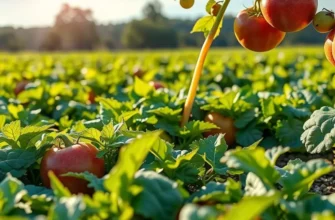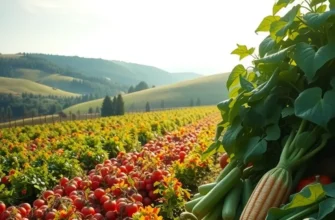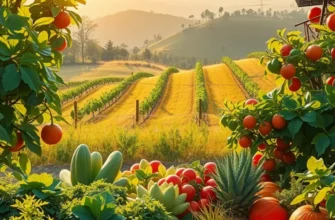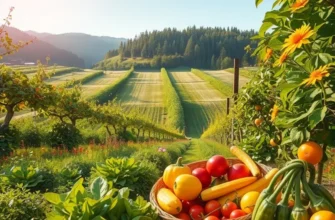Eco-friendly produce bags are more than a trendy replacement for plastic. They offer a practical solution for food storage, waste reduction, and better food management. By using these reusable bags, people can protect the environment while keeping their produce fresh and organized. Discover how eco-friendly bags can enhance your kitchen experience and help you make conscientious choices about food storage and waste management.
The Benefits of Using Eco-Friendly Produce Bags
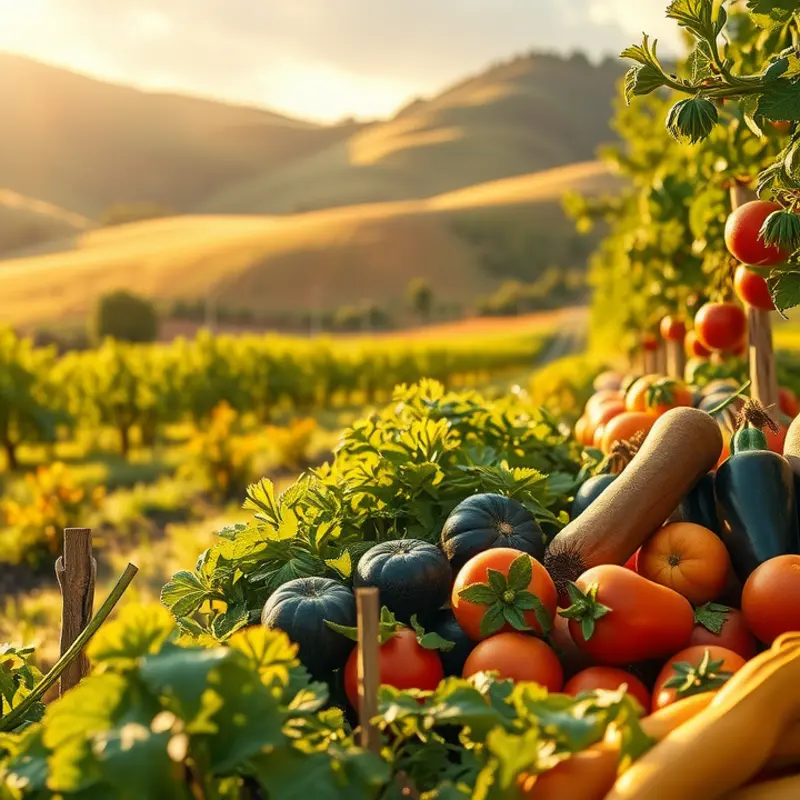
Transitioning to eco-friendly produce bags offers numerous advantages for households and the environment alike. By significantly reducing plastic waste, these bags play a crucial role in nurturing a sustainable future. Single-use plastics are a major contributor to global pollution, and produce bags made from natural, biodegradable, or recyclable materials help mitigate this issue. They offer the same convenience without the environmental burden.
One of the key benefits of using eco-friendly produce bags is plastic waste reduction. Conventional plastic bags take hundreds of years to decompose, often releasing toxic substances into the soil and waterways. Eco-friendly bags, however, decompose naturally and do not leave a harmful footprint behind. Choosing these alternatives can lead to a substantial decrease in household plastic use, making a collective impact when adopted widely.
Furthermore, eco-friendly produce bags can improve food preservation. The materials used in sustainable bags, such as organic cotton or mesh, allow for ample air circulation. This feature helps maintain optimal humidity levels, which is crucial for prolonging the freshness of fruits and vegetables. As a result, food often stays fresh for longer periods, reducing the likelihood of spoilage and lowering food waste. A reduction in food waste directly correlates to more efficient and sustainable household management.
Another advantage to highlighting is the versatility of eco-friendly produce bags. These bags are not limited to the grocery store; they can serve multiple purposes in the home. Whether used for organizing pantry items or as carry-alls for trips to the farmer’s market, their durability and ease of cleaning make them a versatile choice. Some bags even feature designs that cater to specific produce types, offering customized storage solutions.
For those interested in a holistic approach to sustainability, pairing these bags with practices such as efficient ingredient purchasing amplifies their benefits. Conscious purchasing decisions complement the efforts made by using eco-friendly bags, creating a cohesive strategy for minimizing waste and reducing carbon footprints.
Investing in eco-friendly produce bags also taps into ethical consumerism. By supporting companies that prioritize environmentally friendly practices, consumers can encourage the production of goods that adhere to higher sustainability standards. This action not only supports the market for green products but also sends a message to larger corporations about the growing demand for sustainable solutions.
Finally, eco-friendly produce bags enhance your personal environmental consciousness. By incorporating them into everyday life, you become more attuned to the impact of your choices. This awareness can inspire further actions towards sustainability in other areas of life. Thus, eco-friendly produce bags are not merely storage solutions; they are a step towards a more mindful and responsible lifestyle.
Practical Tips for Effective Food Storage with Eco-Friendly Bags
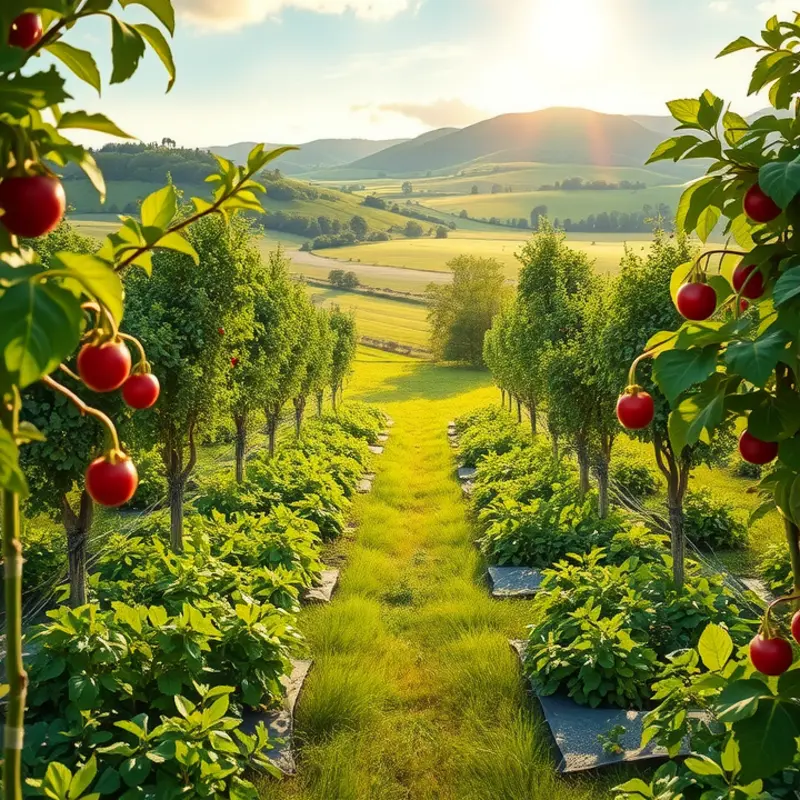
Utilizing eco-friendly produce bags can greatly improve the longevity of your fruits and vegetables. These bags are not only beneficial for the environment but also help in maintaining the freshness of your produce. Here’s how you can make the most of them.
Leafy Greens
Leafy greens like spinach, lettuce, and kale thrive in moist environments. Store them in a damp eco-friendly bag to prevent wilting. Loosely wrap the greens in a wet towel before placing them in the bag. This method provides the right humidity level without waterlogging.
Root Vegetables
Carrots, beets, and potatoes prefer darker, dryer conditions. Keep these in mesh bags to allow proper air circulation, preventing premature sprouting. Store them in a cool, dark cupboard to enhance their natural shelf life.
Fruits
Fruits like apples and pears emit ethylene gas, which can accelerate ripening. Use breathable bags to minimize gas concentration, keeping fruits fresh without quick ripening. For berries, a dry, ventilated eco-bag is optimal. Their fragility requires a careful balance between moisture retention and airflow.
Herbs
Herbs can be quite tricky. Envelope them in a slightly damp cloth inside an eco-friendly produce bag. This method balances moisture and prevents herbs from drying out too quickly. Consider freezing herbs, as well, to preserve their flavor longer. Learn more about herbs and preservation techniques here.
Tomatoes
Tomatoes require a unique approach. Store in eco-friendly bags at room temperature. Refrigeration can compromise their texture and flavor. Allow them to breathe and ripen without confinement to maintain optimal taste.
Citrus Fruits
Citrus fruits like oranges and lemons do best in loosely tied eco-bags in the refrigerator. This setup maintains their juiciness while protecting them from excessive humidity, which might degrade their skins.
Preventing Cross-Contamination
Keep specific bags designated for different types of produce to prevent flavors from mingling. Wash bags regularly to ensure clean storage. This practice reduces the risk of mold or bacterial growth.
Adopting these storage techniques not only preserves your food better but also aligns with eco-friendly practices. Optimal storage minimizes waste, extending the usability of your produce. This holistic approach helps in both environmental sustainability and personal health.
Final words
Switching to eco-friendly produce bags is not just a trend; it’s a meaningful choice for sustainable living. By adopting these reusable bags, you can significantly contribute to reducing plastic waste, while also keeping your food fresh and well-organized. Understanding how to store your produce effectively can lead to better food management at home, minimizing spoilage and maximizing enjoyment. Make the switch today and see the difference in both your kitchen and the environment.


